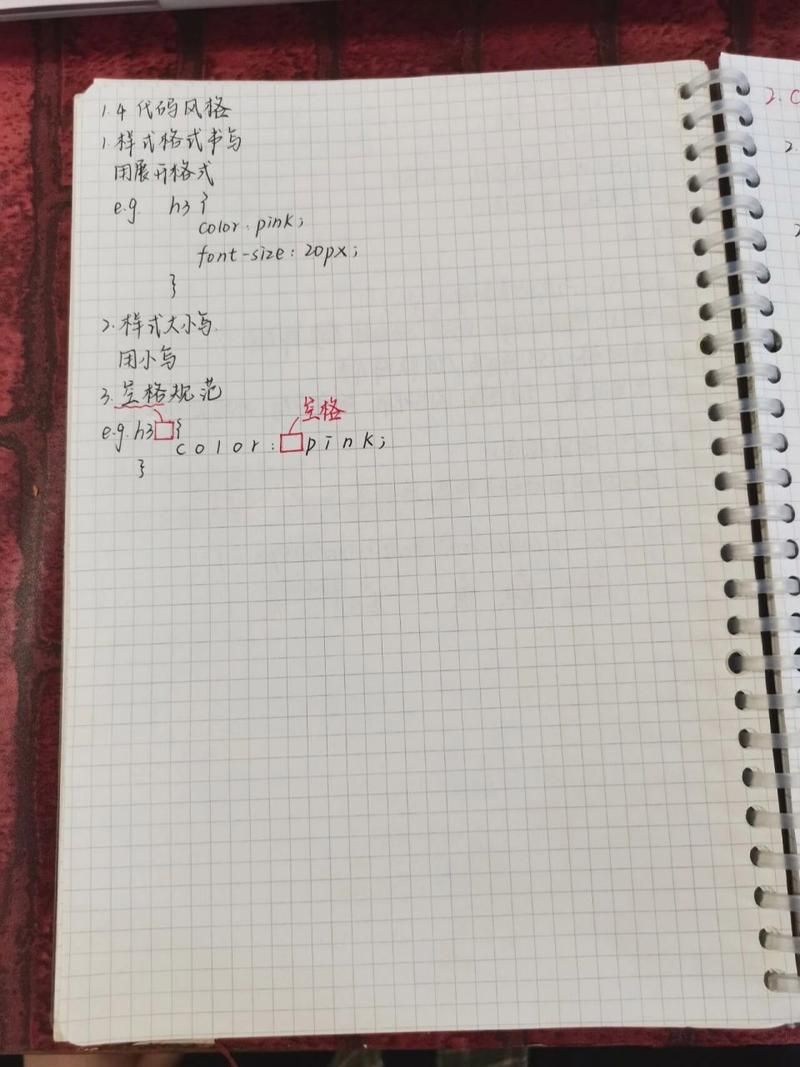
前言
2024-3-15 18:27:26
以下内容源自《【笔记】》
仅供学习交流使用
版权
禁止其他平台发布时删除以下此话
本文首次发布于CSDN平台
作者是CSDN@日星月云
博客主页是https://jsss-1.blog.csdn.***
禁止其他平台发布时删除以上此话
推荐
无
前端权限设置
需求
family权限的用户不能访问doctor/*.html …
效果
访问doctor/*.html弹出“你不是医生账户”,
重定向到home.html
实现
获取到当前路径currentURL
获取到当前用户角色userRole
判断这个路径是否是该角色能访问的
function onload(){
var currentURL = window.location.href;
// console.log("当前页面路径是:" + currentURL);
// console.log(userRole);
var adminMatch = currentURL.match(/\/admin\//);
if (adminMatch&&userRole!='admin'){
alertBox("你不是管理员账户",function(){
window.location.href="../home.html";
});
}
var doctorMatch = currentURL.match(/\/doctor\//);
if (doctorMatch&&userRole!='doctor'){
alertBox("你不是医生账户",function(){
window.location.href="../home.html";
});
}
var familyMatch = currentURL.match(/\/family\//);
if (familyMatch&&userRole!='family') {
alertBox("你不是家属账户",function(){
window.location.href="../home.html";
});
}
}
资源
模块结构
具体的user.js实现
调用栈
$(document).ready(function () {
set_login_status();{
storage(result.data);{
onload(userRole);
}
}
}
每一个页面都有这个的引入
<script src="./js/user.js"></script>
$(document).ready(function () {
// 设置用户登录状态
set_login_status();
// 注销按钮单击事件
$("#btn-logout").click(function (e) {
logout();
});
});
function set_login_status() {
var $A = $(".user-name");
if (!$A) return false;
$.ajax({
type: "GET",
url: SERVER_PATH + "/user/status",
xhrFields: {withCredentials: true},
su***ess: function (result) {
if (result.status == "0" && result.data) {
$A.text(result.data.nickname);
$("#user-info").show();
$("#center").show();
$("#register").hide();
$("#login").hide();
window.sessionStorage.setItem("id", result.data.userId);
storage(result.data);
// 根据用户的 userGroup 来设置跳转路径
var centerLink;
if (result.data.userGroup === "管理员") {
centerLink = "./admin/center.html";
} else if (result.data.userGroup === "医生") {
centerLink = "./doctor/center.html";
} else if(result.data.userGroup === "老人家属"){
centerLink = "./family/center.html";
} else {
centerLink = "./user/center.html"; // 默认路径
}
$("#center").attr("href", centerLink); // 设置跳转路径
} else {
$("#user-info").hide();
$("#center").hide();
$("#register").show();
$("#login").show();
}
}
});
}
var userRole;
//根据用户id查到用户组中返回 a***ount 存入sessionStorage
function storage(user) {
var id=user.userId;
var token=sessionStorage.getItem("token");
$.ajax({
type: "GET",
url: SERVER_PATH + "/user/a***ount",
data: {
"userId":id,
"token": token
},
xhrFields: {withCredentials: true},
su***ess: function (result) {
if (result.status == "0" && result.data) {
//存储A***ount
window.sessionStorage.setItem(result.data.type, result.data.a***ount);
if(result.data.type=='adminA***ount'){
userRole='admin';
}else if(result.data.type=='doctorA***ount'){
userRole='doctor';
}else if(result.data.type=='familyA***ount'){
userRole='family';
}else if(result.data.type=='userA***ount'){
userRole='user';
}
onload(userRole);
}
}
});
}
function onload(){
var currentURL = window.location.href;
// console.log("当前页面路径是:" + currentURL);
// console.log(userRole);
var adminMatch = currentURL.match(/\/admin\//);
if (adminMatch&&userRole!='admin'){
alertBox("你不是管理员账户",function(){
window.location.href="../home.html";
});
}
var doctorMatch = currentURL.match(/\/doctor\//);
if (doctorMatch&&userRole!='doctor'){
alertBox("你不是医生账户",function(){
window.location.href="../home.html";
});
}
var familyMatch = currentURL.match(/\/family\//);
if (familyMatch&&userRole!='family') {
alertBox("你不是家属账户",function(){
window.location.href="../home.html";
});
}
}
后端权限控制
主要是依赖token得到用户信息
然后到拦截器进行验证
1.给所有前端请求都携带token
首先,怎么让每一个前端请求都携带token数据呢
在***mon.js中添加一下代码
// 设置全局AJAX参数
// 把token加入索引的请求中,后端会有权限验证
$.ajaxSetup({
data: {
"token": window.sessionStorage.getItem("token")
}
});
这样就会使得所有前端请求都携带token数据呢
注意一点:用来在路径中直接携带token数据将会被影响
类似于一下这个
他会导致token变成复选框这样的请求
token=xxx,xxx
前端请求
后端响应:
如果是原先的data中请求还是有效的
只不过会覆盖原来的token
2.添加拦截器
package ***.jsss.controller.Interceptor;
import ***.alibaba.fastjson.JSONObject;
import ***.jsss.***mon.ErrorCode;
import ***.jsss.***mon.ResponseModel;
import org.apache.***mons.lang3.StringUtils;
import org.springframework.beans.factory.annotation.Autowired;
import org.springframework.data.redis.core.RedisTemplate;
import org.springframework.stereotype.***ponent;
import org.springframework.web.servlet.HandlerInterceptor;
import javax.servlet.http.HttpServletRequest;
import javax.servlet.http.HttpServletResponse;
import java.io.PrintWriter;
import java.util.HashMap;
import java.util.Map;
@***ponent
public class LoginCheckInterceptor implements HandlerInterceptor, ErrorCode {
@Autowired
private RedisTemplate redisTemplate;
@Override
public boolean preHandle(HttpServletRequest request,
HttpServletResponse response, Object handler) throws Exception {
String token = request.getParameter("token");
if (token == null || StringUtils.isBlank(token) || !redisTemplate.hasKey(token)) {
response.setContentType("application/json");
response.setCharacterEncoding("utf-8");
PrintWriter writer = response.getWriter();
Map<Object, Object> data = new HashMap<>();
data.put("code", USER_NOT_LOGIN);
data.put("message", "请先登录!");
ResponseModel model = new ResponseModel(ResponseModel.STATUS_FAILURE, data);
writer.write(JSONObject.toJSONString(model));
return false;
}
return true;
}
}
3.配置到WebMv***onfiguration
package ***.jsss.configuration;
import ***.jsss.controller.Interceptor.*;
import org.springframework.beans.factory.annotation.Autowired;
import org.springframework.context.annotation.Configuration;
import org.springframework.web.servlet.config.annotation.InterceptorRegistry;
import org.springframework.web.servlet.config.annotation.WebMv***onfigurer;
@Configuration
public class WebMv***onfiguration implements WebMv***onfigurer {
@Autowired
private LoginCheckInterceptor loginCheckInterceptor;
@Override
public void addInterceptors(InterceptorRegistry registry) {
//登录拦截器配置
registry.addInterceptor(loginCheckInterceptor)
.addPathPatterns("/**")
.excludePathPatterns("/user/login", "/user/register"/*,"/{path}/captcha"*/);
}
}
4.更多的权限验证
后端配置拦截器的一个问题【问题】
最后
2024-3-15 19:27:22
迎着日光月光星光,直面风霜雨霜雪霜。

